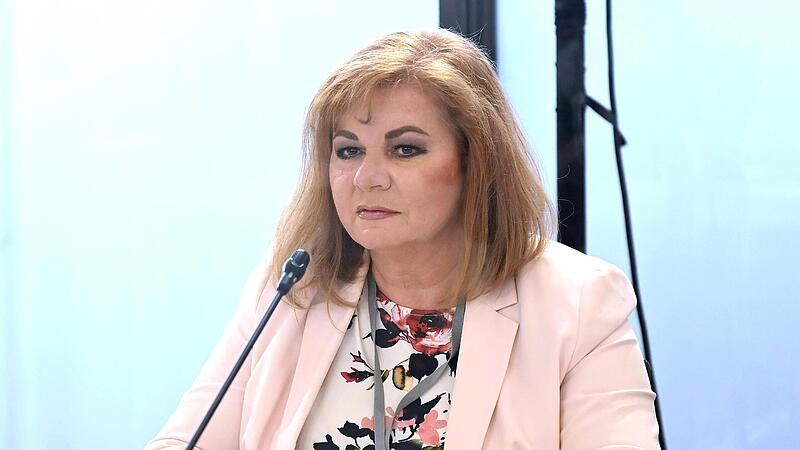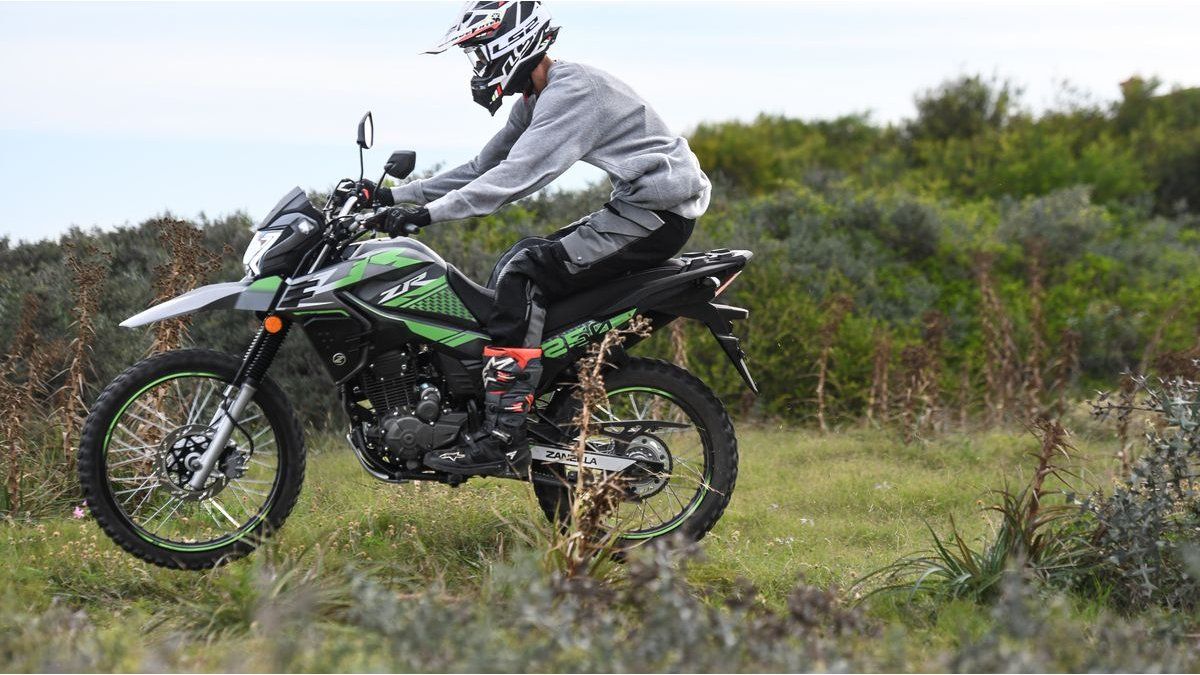One day before the summer council of ministers, at which the government wants to set the course for the joint autumn work, the recent decision of the Ministry of Justice in the proceedings against Chancellor Sebastian Kurz (VP) due to false testimony before the U-Committee and the fierce criticism of it continued to overshadow the debate .
Which is why Justice Minister Alma Zadic (Greens) herself went out yesterday to defend the instruction that Kurz was to be heard by a judge and not by the Economic and Corruption Prosecutor in charge of the proceedings. It is a “legal question” that has been assessed by three bodies: the responsible section, the public prosecutor’s office and the board of directors. All had come to the conclusion that in cases against persons of particular importance and in criminal offenses of particular importance, a judicial questioning should take place, as also provided for in the Code of Criminal Procedure.
Order call for the ÖVP
“This decision is neither a triumph for the ÖVP nor is it in any way a criticism of the work of the WKStA”, Zadic rejected both the representation of the Chancellor Party and criticism of the opposition. Zadic did not want to know that “the lack of objectivity of the WKStA” was “quasi official”, as VP MP Andreas Hanger had said. Addressing the coalition partner in particular, she demanded that “this constant politicization of the debate and also of the public prosecutor’s office must come to an end”.
The opposition, of course, stuck to their criticism: FP boss Herbert Kickl saw the directive as an “extreme breach of trust in the WKStA”. SP vice club boss Jörg Leichtfried spoke of a “disavowal of justice by the Kurz system”.

WKStA not sovereign
Lawyers, on the other hand, support the Ministry of Justice’s view: “Legally, the decision is certainly impeccable,” said constitutional expert Heinz Mayer. He would have “probably decided that too – also in order not to feed the myth of the victim”. Alois Birklbauer, criminal law expert at the Kepler University in Linz, also sees the decision as “easy to argue”, the law “provides for it”.
Behind the scenes, however, it is also said in legal circles that the WKStA did not do anything good by insisting that it conduct the survey itself and that it would have been more sovereign if it had applied for the exemption from the judges’ interviews. Birklbauer can only partially agree, with the application there is “scope”.
The Chancellor himself also dropped out yesterday: The planned retreat of the turquoise government members was canceled due to his illness. Today in Reichenau an der Rax he wants to be there again, it was said from the Chancellery. In addition to Corona, the agenda will deal with education, care and digitization. It is also about preparations for the eco-social tax reform. However, details are not to be expected – and the well-known issues continued to smolder. Upper Austria’s governor Thomas Stelzer (VP) appealed to everyone: “I am assuming that we will come together within the framework of the summer ministerial council and tackle things together.”
Anti-corruption call
The proponents of the rule of law and anti-corruption popular initiative wanted to take the parliamentary parties at their word. Almost all of them had signaled their support for the content of the referendum, now the initiators have asked which of the 72 demands the parties specifically support. According to constitutional lawyer Heinz Mayer, there is the greatest agreement with the SPÖ and Neos, followed by the Greens. He felt “pissed off” by the response of the ÖVP: They referred to the “free mandate” of their members in parliament and made “a very vague statement”.
Nevertheless, one hopes for legislative initiatives in the National Council in autumn, for 31 of the demands there will already be a parliamentary majority after the survey.
The proponents still have to work on making the desire known: According to the latest Gallup survey, only 44 percent of Austrians have heard of the initiative, and 33,000 have signed it




